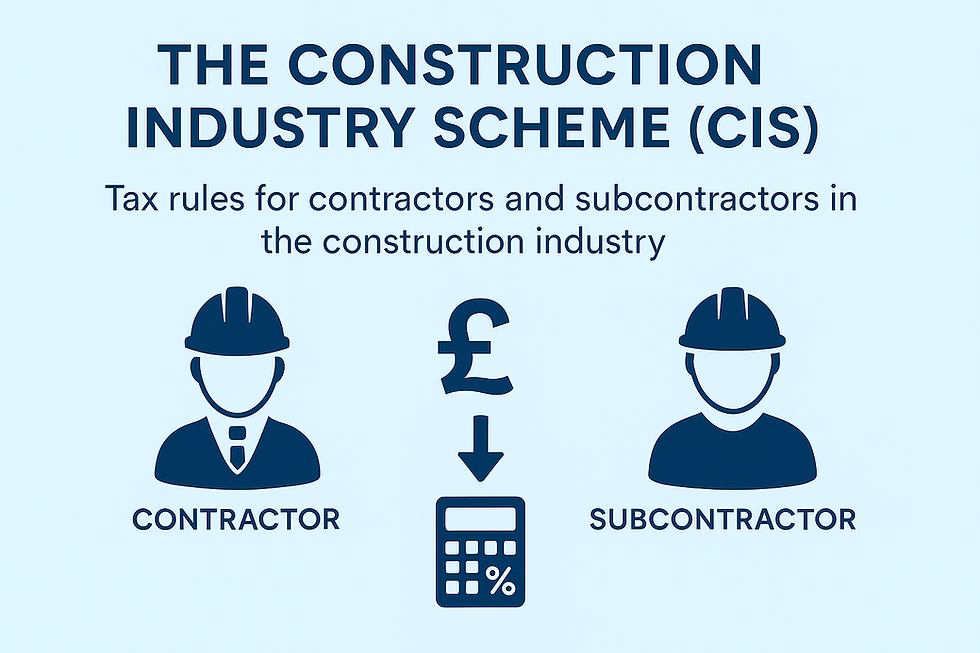The Bottom Line: 5 Must-Knows from Your Accountant
- RNE Accounting

- Apr 23, 2025
- 2 min read
Part 1: Getting the Basics Right – Setting Up for Financial Success
Starting or running a small business in the UK? It’s easy to get swept up in your product or service—but getting your financial foundations right from the start will save you time, money, and stress down the line. Here are the essential steps to get you off on the right foot.
1. Choose the Right Business Structure
Before anything else, decide whether you’ll operate as a:
Sole trader – simple to set up, but you're personally liable for business debts.
Limited company – offers limited liability, tax efficiency, and a more professional image.
Partnership – ideal when going into business with others, with shared responsibility.
👉 Read more from GOV.UK on business structures, or our comprehensive guide on Sole Trader vs Limited Company here

2. Register with HMRC (and Companies House if needed)
Sole traders need to register for Self Assessment: Register here. You may also want to read our Registering for Self Assessment guide here.
Limited companies must register with Companies House: Incorporate online.
You'll also need to register for:
VAT, if turnover exceeds £90,000 (2024/25 threshold): Register here
PAYE, if employing staff: Register for PAYE
3. Open a Business Bank Account
If you’re a limited company, this is essential. Even as a sole trader, separating personal and business finances helps keep records clean and simplifies your bookkeeping.
Look for:
No monthly fees (at least to start)
Easy integration with accounting software
Fast payment and invoicing tools
4. Set Up a Bookkeeping System
Whether it’s a spreadsheet or software like Xero, QuickBooks, or FreeAgent, make sure you’re tracking:
Invoices issued and paid
Expenses (keep receipts!)
Bank transactions
VAT (if registered)
👉 Check out HMRC’s Making Tax Digital guide
5. Start as You Mean to Go On
Get into the habit of:
Setting aside tax money
Reconciling bank transactions weekly
Reviewing cash flow and budgets monthly
You don’t need to be an accountant to manage your business finances well—but having a clear system and asking for support early can make all the difference.
Getting the basics right isn’t just about compliance—it’s about giving yourself peace of mind and clarity so you can focus on building and growing your business.
In the next post, we’ll dive into tax basics every small business owner should know—what’s due, when it’s due, and how to stay on HMRC’s good side.





Comments